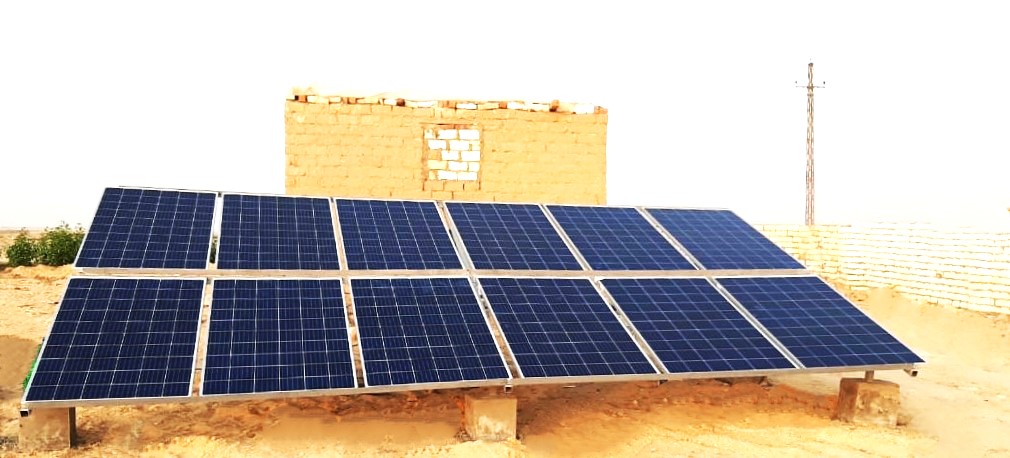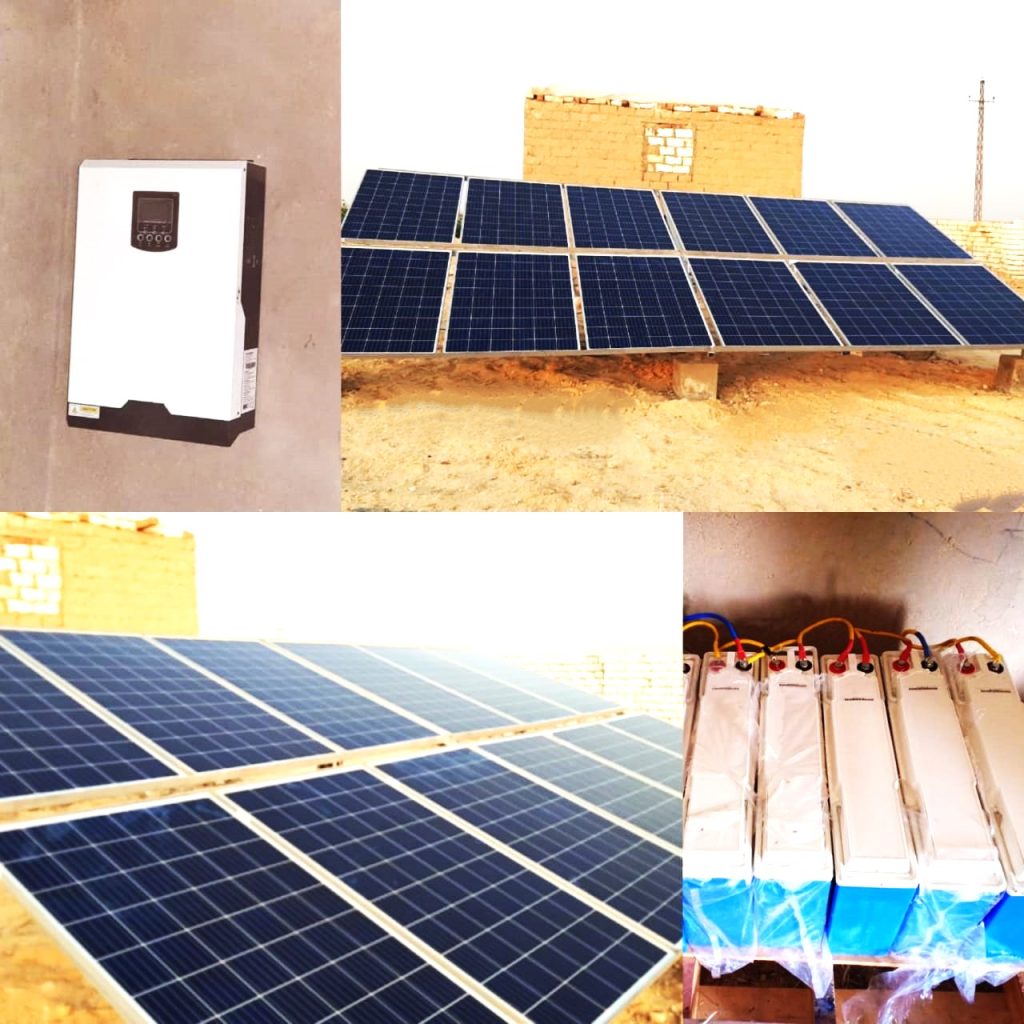Off Grid Systems
An off-grid solar system is a type of solar power system that operates independently of the electrical grid. This system is commonly used in remote areas, where connecting to the main power grid is not feasible or practical.
Off-grid solar power systems include the following components:
- Solar Panels (Photovoltaic Modules): Solar panels capture sunlight and convert it into electricity. These panels are the primary energy source in off-grid systems and are often mounted on rooftops, ground mounts, or other suitable structures.
- Charge Controller: A charge controller is essential to regulate and control the charging of the battery bank. It prevents overcharging and damage to the batteries. Charge controllers come in various types, including PWM (Pulse-Width Modulation) and MPPT (Maximum Power Point Tracking) controllers.
- Battery Bank: Batteries are used to store excess electricity generated by the solar panels for use during nighttime or when sunlight is insufficient. Common types of batteries used in off-grid systems include deep-cycle lead-acid, lithium-ion, or other energy storage solutions.
- Inverter: An inverter is necessary to convert the DC electricity stored in the battery bank into AC electricity, which is used to power household appliances and devices. Some off-grid systems also include inverter chargers, which can provide both inverting and battery charging functions.
- Structural and Safety Considerations: Depending on the installation location, structural reinforcements may be needed for the solar panel mounts. Safety measures such as overcurrent protection and proper grounding are essential.

Off Grid System from Reality


